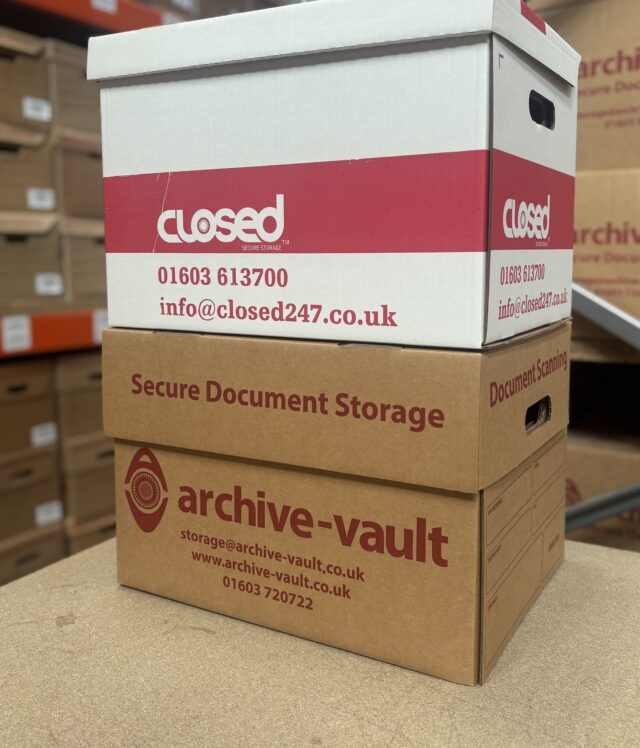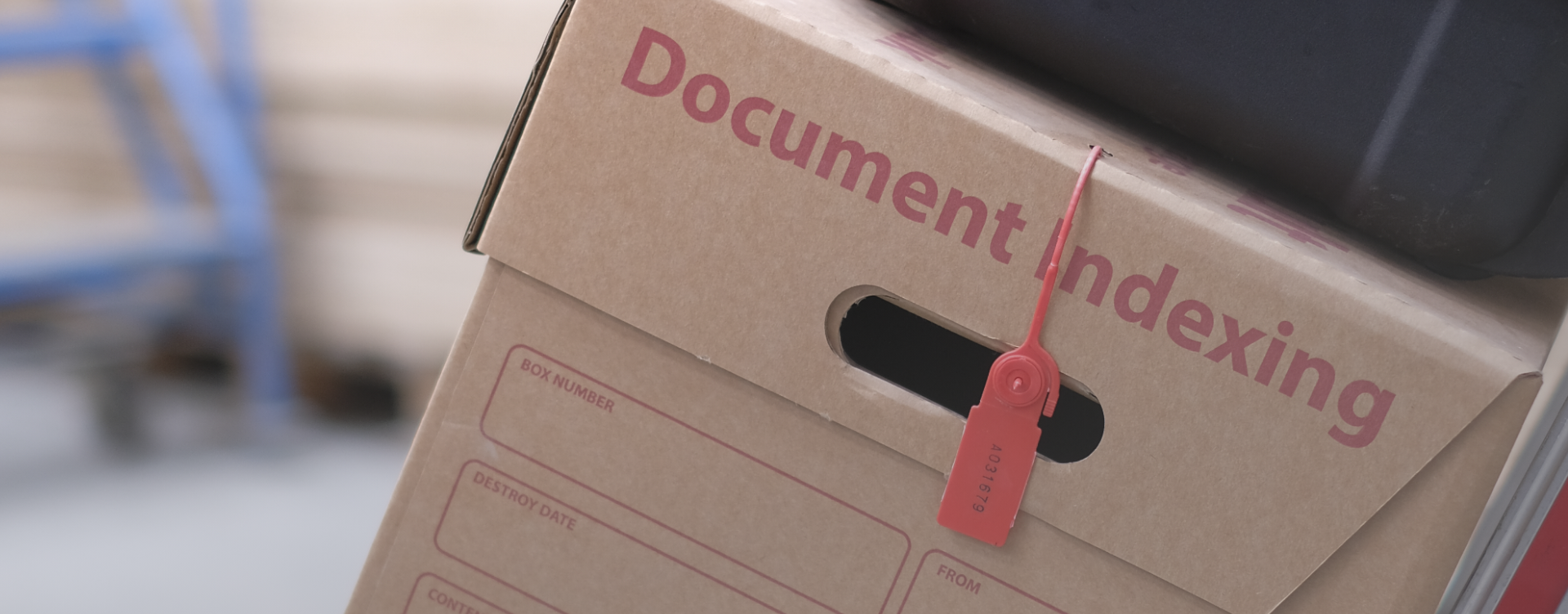When a business becomes insolvent and goes into liquidation, key documents must be organised and stored by law. Find out more in our helpful article.
Sometimes, a business cannot recover from its financial setbacks and becomes insolvent. Insolvency means that a company’s liabilities have become greater than the assets it holds. As a result, it cannot pay debts, such as bank loans or taxes.
At such times, it is possible for an insolvent company to be bought and gain a new lease of life. At other times, a winding-up petition is issued by a company’s creditors or directors. If debts remain outstanding, a winding-up order is declared by the courts and the company is liquidated (compulsory liquidation) and its assets sold to help pay creditors.
If this happens, careful records management must be maintained to avoid breaching the law.
Why must documents be kept?
When you run a company, you build up a huge amount of information. Keeping vital parts of these records is essential if your business is liquidated because they play a key part in:
- Resolving disputes
- Ensuring transparency
- Contributing to HMRC audits post-liquidation
- Proving that directors were compliant
Failing to keep certain documents after a company is liquidated can result in financial penalties and legal action. This is set out in the Companies Act 2006.
What documents must be kept during insolvency?
A liquidator or insolvency practitioner will be able to confirm which documents need to be kept and for how long. In general, digital and paper versions of the following documents should be kept for six years.
Financial
- bank statements
- invoices
- account records
- tax documents
- receipts
- trading history
- sales books
- debt notices
- details of owned assets
- statements of stock
- correspondence with the HMRC.
HR management
Records relating to your employees and employment practices, such as contracts and employment records, may also need to be kept for this time period.
Insolvency practitioners
Insolvency practitioners also have to keep the following records for six years:
- details of the insolvency practitioner acting in the case
- details of the insolvent
- progress of the administration
- bonding arrangements in the case
- matters relating to remuneration
- meetings
- disqualification of directors
- vacation of office
- distributions to creditors
- statutory returns
- time recording
Sorting and organising documents for liquidation
When you’re preparing to wind up a business, it can be overwhelming to realise that you need to sort through all of the business records and categorise them. They then need to be either safely stored or securely destroyed.
This process will probably be handled by the liquidator or insolvency practitioner, but you will need to ensure that they get access to all of your records.
You or the person involved in winding up your business will then have to go through every file, both digital and physical, before categorising them by type. For instance, you’ll need to put all of the HMRC records together. To help you keep track of what you have and where, it’s helpful to develop a bespoke indexing system that allows you and any insolvency practitioners or liquidators to identify documents quickly and easily.
As you can imagine, this process can be time-consuming and difficult. However, you don’t have to do it alone.
Enlisting the help of a records storage facility
At Archive-Vault, we work alongside insolvency professionals and can support with putting business documents in order.
We will quickly get to grips with each business and provide professional expertise in creating a categorisation and indexing system for the records. Physical documents can then be stored in our secure purpose-built facility, the inventory of which you can view and manage via our client portal. These documents can then be recalled as and when they are needed.
Our document scanning service also means that we can digitally store important records. This means that you will be able to access the business documents quickly and easily while also ensuring their security. We’ll carefully prepare each document to ensure that they are ready for scanning before using our state-of-the-art equipment to produce high-quality scans with excellent Optical Character Recognition (OCR).
To find out more about our records management and storage services, get in touch on 01603 720722 or send us an email at info@archive-vault.co.uk.











